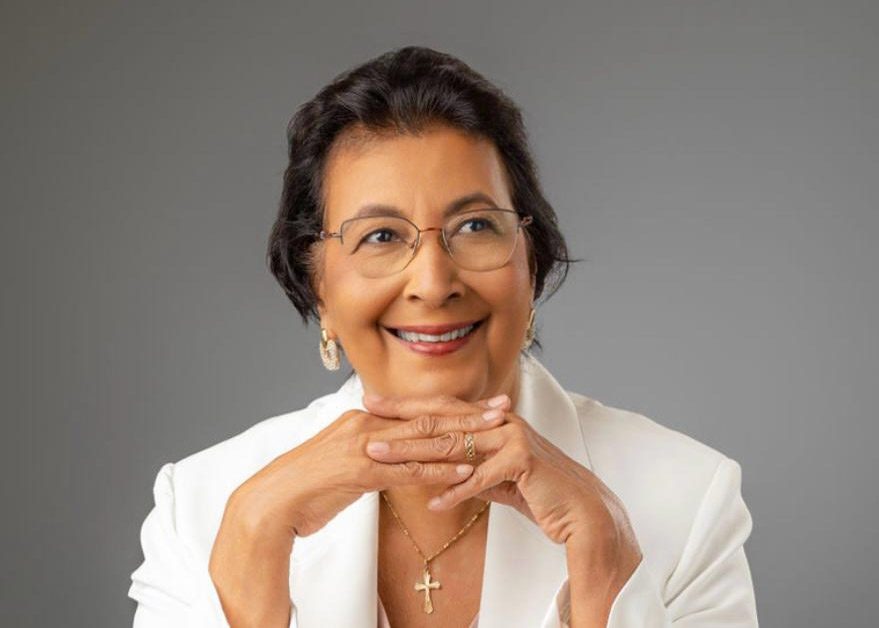PARAMARIBO-SURINAME – Suriname’s National Assembly convened on Sunday to elect the country’s next president in an important parliamentary session. In a historic outcome, Jennifer Geerlings-Simons was chosen to lead the Republic, becoming the first female president in Suriname’s history since independence in 1975.
Geerlings-Simons, a seasoned politician and long-time member of the National Democratic Party (NDP), previously served as Chair of the National Assembly from 2010 to 2020. Known for her firm leadership and procedural command during her tenure as Speaker, Geerlings-Simons has been a central figure in Surinamese politics for over two decades. Her political career has been shaped by her advocacy for legislative reform and social development, earning her both national recognition and international engagement.
Geerlings-Simons’ main contender in Sunday’s parliamentary vote was Gregory Rusland, leader of the National Party of Suriname (NPS) and a former Minister of Natural Resources. Rusland, also a veteran politician, is widely respected for his expertise in energy and environmental policy. His campaign for the presidency emphasized transparency, sustainability and the need to modernize the state’s management of natural resources. Though he did not secure enough support in the Assembly to win the presidency, his role in shaping Suriname’s policy landscape remains significant.
The parliamentary results from the May general elections reflected a deeply competitive political landscape, with the NDP securing 18 seats and the Progressive Reform Party (VHP) closely behind with 17. The near tie underscored a clear division in the electorate between the two dominant parties. Rather than pursuing a coalition with the VHP, the NDP chose to form an alliance with five other parties represented in the National Assembly, enabling them to secure a majority and nominate Geerlings-Simons as president.
Santokhi kicked off an initiative to share Suriname’s oil wealth with citizens | OilNOW
In a farewell address to parliament, outgoing President Chandrikapersad Santokhi reflected on his administration’s efforts to restore economic order, strengthen institutions, and rebuild international confidence in Suriname. “The people have spoken, and the future belongs to them,” he said, urging continued unity and national resilience.
Following her election, Geerlings-Simons expressed gratitude to the Assembly and pledged to uphold democratic values and institutional continuity. She said, “I am honored by the trust placed in me by the National Assembly. I commit to serving Suriname with dedication, transparency, and a focus on unity and progress for all citizens.”
While she has yet to announce specific appointments or policy shifts, her previous leadership style has shown a commitment to consensus-building and public accountability.
The political transition in Suriname comes at a critical time for the country’s oil and gas sector.
Final Investment Decision (FID) for the Block 58 offshore project now in place | OilNOW
Suriname is poised to become an oil producer in the region. The new administration’s approach to regulatory stability, local content and resource governance will be closely monitored by industry stakeholders and development partners.



